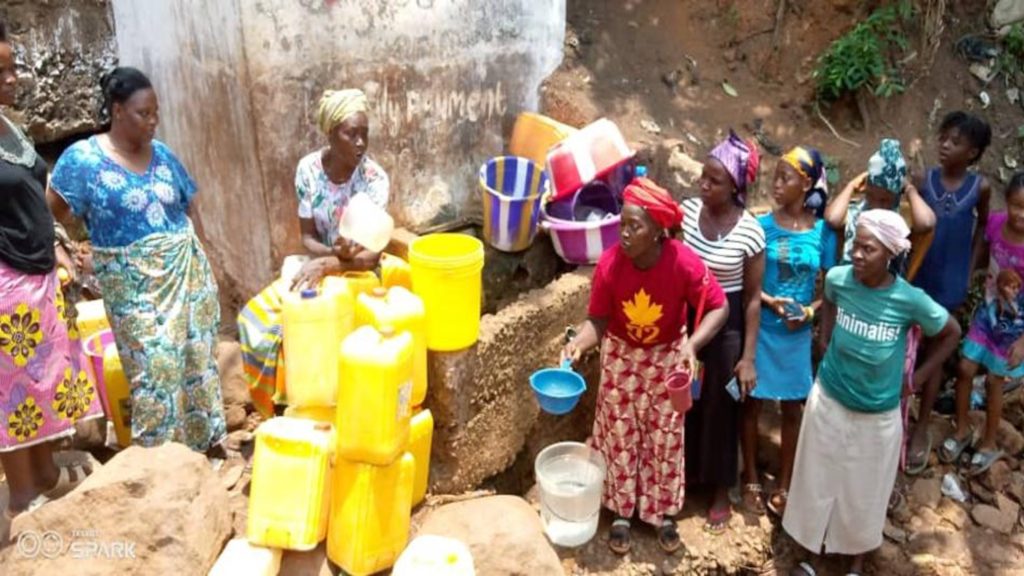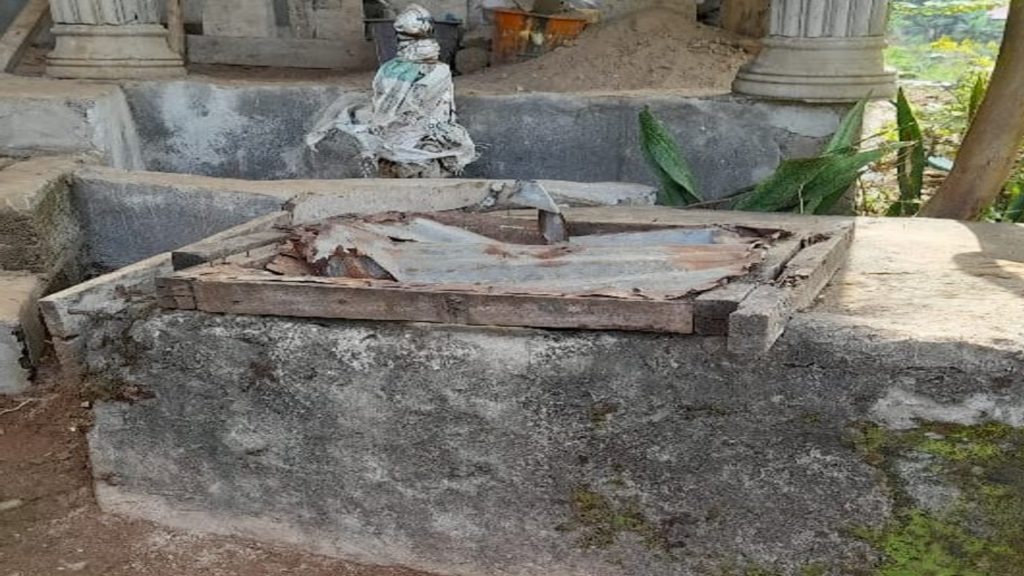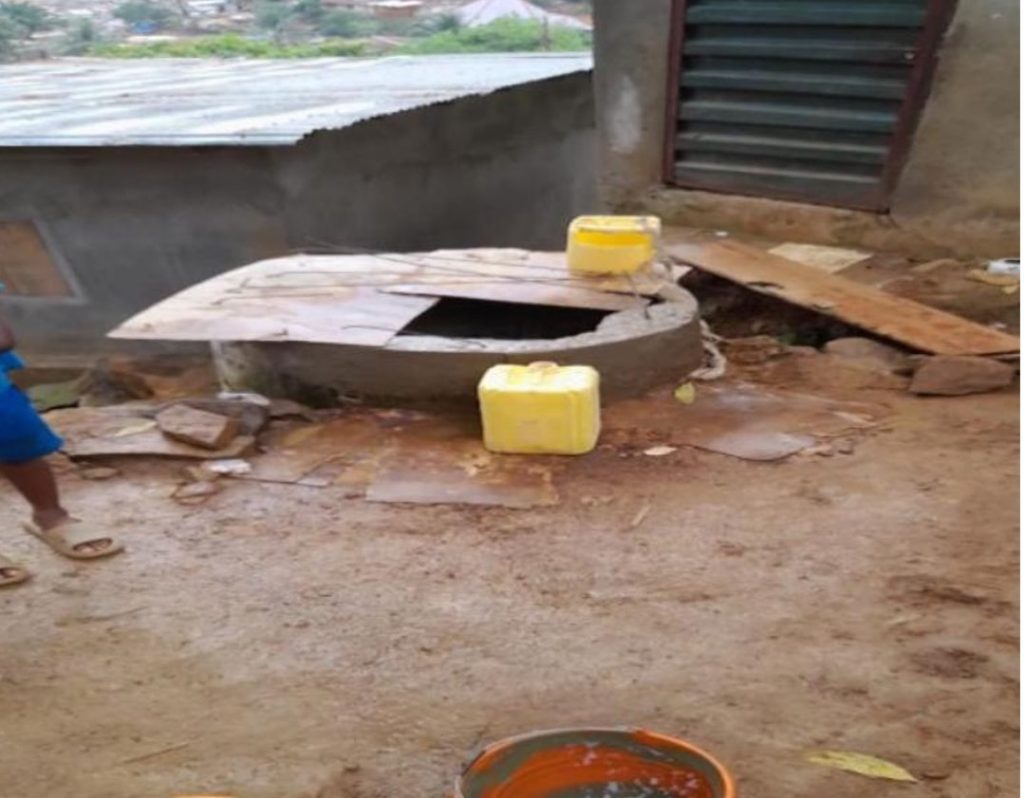Women’s voice in water governance is critical for inclusive policies that benefit both women and men and support the sustainability of water resources. Women’s participation to water usage is gaining increased attention in global debates, and they play critical roles in influencing the ways in which communities use and conserve Water. Collectively, women and girls spend more time each day, collecting water, and those living without WASH facilities spend over million hours finding a place of refuge. Therefore, our research find out that the current state of women`s access to pure and affordable water facility in the urban and rural informal settlements of Sierra Leone, is daunting. Our research over the years captures stories of women and girls who have been victims of sexual violence and abuse through the quest to obtain water from bore holes and dam areas within the informal settlements. For instance, in the Urban Settlements ( Kolleh Town and Cockle Bay Communities), our research on issues related to Safe and Dignified Livelihood with the Sierra Leone Urban Research Centre captured areas of impending challenges of access to pure and dignified water facilities for women living in those informal settlements which is posing serious treat to safe and dignified livelihood. It is also important to note that majority of the women living in the informal settlements have serious challenges to WASH facilities.

The lack of affordable water causes serious obstacles to menstrual hygiene and well being. Women under antenatal care lack the access to sufficient water facilities at the Community Health units within the informal settlements; our recent research under the Women and Water for Peace Project also discovered that most of the wells are only available for public use at a specific period of time, and that such ignites the possible instances of sexual exploitation by any of the assigned persons delegated the responsibility to control and manage the bore holes or normal wells. Majority of the community residents only use the water from the well for domestic purposes.

Our research also discovered that some of the wells are privately owned by individuals and the local people pay to access water from such wells at a cost of 3 Leones (New Sierra Leonean currency), not exceeding 1 USD.
Our field workers also discovered that there are incidents of conflicts, and most of the women face harsh intimidation during the process of obtaining water from the well. The water level drops significantly during the dry season and women still struggle to access a safe and identified water facility.
However, the Women for Water and Peace Project (W4WP) has been designed to tackle the aforesaid challenges of Women`s Access to sustainable livelihood through affordable access to safe and dignified water facilities in the informal settlements.
This project contributes to the migration of water-based community conflicts and prevent their potential eruption into violence by tackling dominant threats to peace at 5 wards in Freetown, namely, Wards 401, 408, 435, 422 and 443 which captures more than five informal communities.
The Women Water for Peace Project will also support the construction of 25 water kiosks with solar powered purification systems, which will provide accessible, clean water for most vulnerable communities, through a community-led approach and young women from the informal settlement will be empowered to operate the kiosks as business and become agents of change.


The Federation of Urban and Rural Poor (FEDURP) is one of the implementation agencies, responsible for community mobilization, sensitization , capacity building and leadership .
A rapid field assessment has been undertaken in the form of community visit to all the target-communities and locations, involving UNCDF, FCC and FEDURP/CODOHSAPA to gain an initial insight of the social dynamics around the water facilities in the aforementioned localities.
